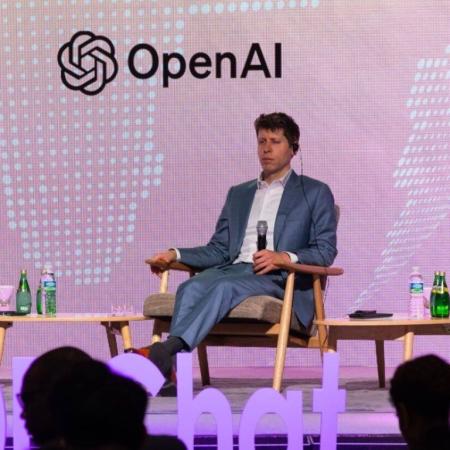OpenAI announced plans to set up its first Seoul office and establish a South Korean entity to support its rapidly growing ChatGPT subscriber base, which ranks second only to the United States . The company has begun local hiring to foster partnerships and will provide further details in the coming months .
Local Expansion Strategy
“Korea’s full-stack AI ecosystem makes it one of the most promising markets in the world for meaningful AI impact, from silicon to software, and students to seniors,” said Chief Strategy Officer Jason Kwon . Earlier this year, OpenAI unveiled a collaboration with Kakao to develop AI products tailored for South Korean users . High-profile meetings with Samsung and SoftBank leadership have also underscored Seoul’s strategic importance in global AI dialogues .
Context: Hardware and Infrastructure
The expansion aligns with a surge in hardware commitments supporting AI workloads. Oracle has committed to purchasing $40 billion worth of Nvidia chips for OpenAI’s data centres, bolstering computational capacity in the U.S. . Nvidia itself is adapting its China-bound AI chips to sidestep recent U.S. export curbs by using conventional GDDR7 memory instead of HBM and dropping CoWoS packaging for cost efficiency . Meanwhile, Taiwan’s Foxconn projects its Nvidia-powered AI data centre in Taoyuan will draw 100 MW of power, signifying massive energy demands for large-scale AI operations .
Global AI Landscape
Competition for AI talent has reached “professional athlete” levels, with OpenAI, Google, and xAI shelling out multimillion-dollar packages to recruit superstar researchers . At the same time, major platforms are embedding AI more deeply: Google is integrating AI into its search experience and rolling out a $249.99 monthly “AI power user” tier , and Apple is reportedly opening its AI models to third-party developers to spur app innovation . Even startups are making waves: Anthropic’s new model boasts hours-long coding sessions without tuning failures .
Societal and Regulatory Considerations
As AI adoption accelerates, concerns are mounting over “hallucinations” in legal contexts, with major law firms reporting troubling misstatements by AI assistants . A UN labor report also highlights that women’s jobs—especially administrative roles—face greater AI disruption than men’s, transforming 9.6% of traditionally female roles versus 3.5% of male roles in high-income countries . Meanwhile, overreliance on AI tools at work is flagged as a mental-health risk, urging balanced integration strategies .
Implications for South Korea
South Korea’s leadership in semiconductor manufacturing and its robust developer community make it an ideal launchpad for AI services. The Seoul office will likely accelerate joint R&D initiatives with local partners such as Samsung Electronics and Kakao, and provide a foothold for engaging policymakers on AI governance frameworks ahead of planned regulatory updates .
What’s Next
OpenAI’s Seoul presence is expected to catalyze further investments in local AI infrastructure and talent pipelines. Observers will watch for announcements on Korea-tailored AI products, upcoming partnerships, and potential government collaborations to shape AI policy. As part of its roadmap, OpenAI may also participate in regional forums like the AI Seoul Summit to align cross-border safety and innovation standards .

